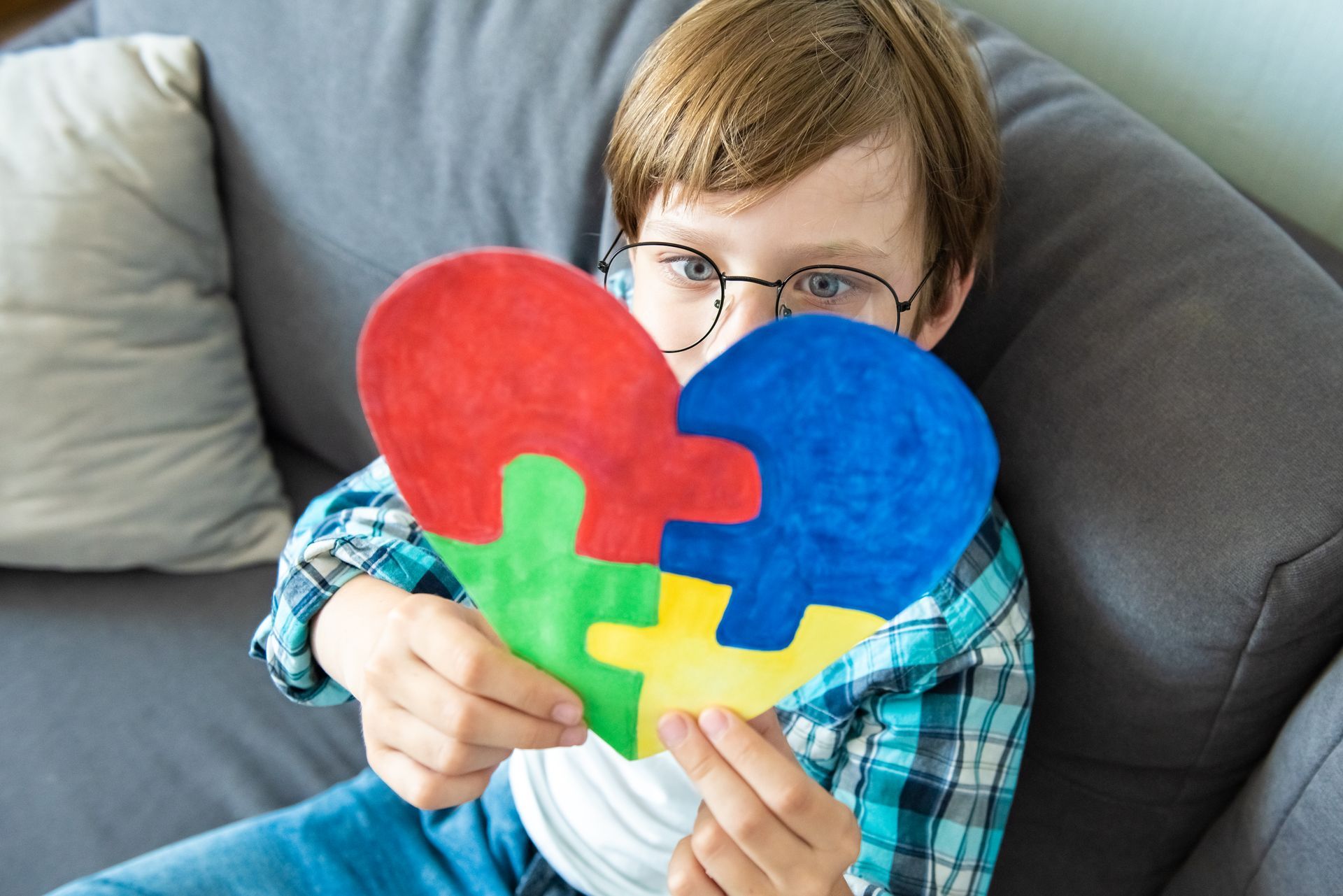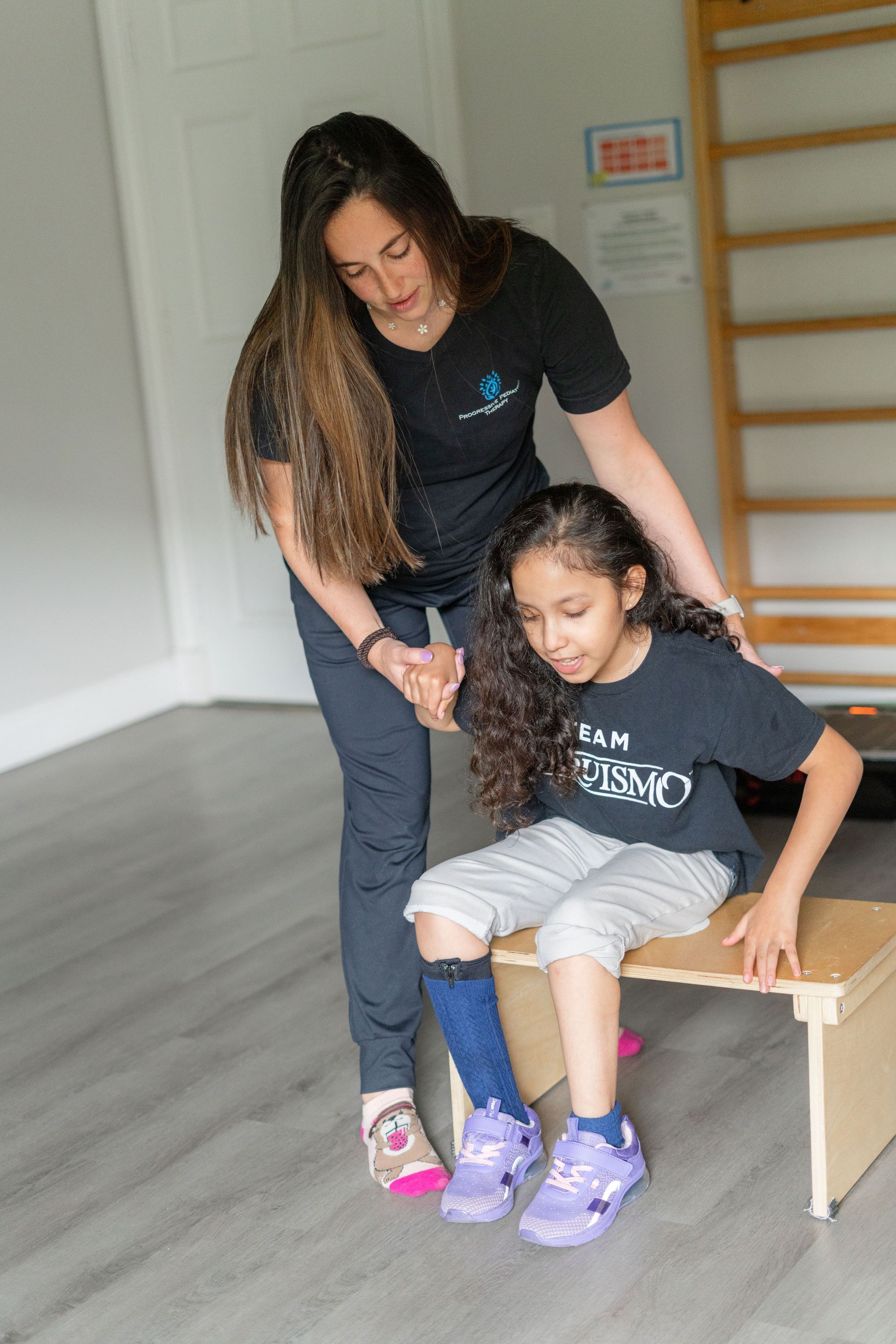Your Clinic
SET A LOCATION
Your Clinic
SET A LOCATION
April is a month full of fresh starts, bright colors, and meaningful moments but, for many families it holds a deeper purpose. It marks Autism Acceptance Month, a time to celebrate, spread awareness, and foster genuine inclusion for individuals on the autism spectrum.

Originally focused on raising awareness about autism, this month has evolved into something more powerful: a movement toward acceptance, understanding, and action. While awareness helps bring visibility, acceptance is about embracing and valuing people with autism for who they are.
Throughout April, we aim to educate communities, challenge stereotypes, and celebrate the incredible strengths and unique perspectives that individuals with autism bring to the world.
Autism, or autism spectrum disorder (ASD), is a neurodevelopmental condition that affects how a person experiences the world. This includes how they communicate, interact, and process sensory information.
Autism presents differently in every individual. Some individuals may need significant support, while others are highly independent. Many have unique talents and abilities in areas such as math, music, art, or memory. Recognizing this broad range of strengths and challenges is key to creating an inclusive environment.
While raising awareness is a valuable first step, acceptance is where change truly begins. This means moving beyond simply recognizing autism to actively embracing autistic individuals, supporting their needs, and ensuring they feel respected and included.
Acceptance also means breaking down harmful myths and misconceptions, for example, that all autistic people have the same traits or that they don't want social interaction. Many want connections and thrive with the right support.
Creating a more inclusive world starts with education. Understanding how autism presents and the ways it can affect learning, communication, and daily life helps educators, therapists, and caregivers better support autistic children.
At Progressive Pediatric Therapy, we work alongside families to create personalized, strengths-based therapy plans that honor each child’s unique needs. Our goal is to empower children and families through tools that support success at home, school, and in the community.
At PPT, we are proud to support children with autism and their families every day. Through occupational, physical, speech, and feeding therapy, our dedicated team focuses on each child’s individual growth, goals, and potential.
We believe in building a future that is inclusive, respectful, and full of opportunity for all children because every child deserves to feel understood, accepted, and celebrated.
Curious if your child could benefit from our services? Contact us to schedule an evaluation. For more pediatric therapy tips and resources, follow us on social media and subscribe to our blog!
The post Understanding and Celebrating Autism Awareness & Acceptance Month first appeared on PPT4Kids.









We empower children, families, and the community to learn, grow, and celebrate every child's unique abilities.
Quick Links
Contact Details
Phone: 561-376-2573 | 561-918-0190
Fax: 561-218-4939
VIP Concierge: 561-717-1764
Clinic Locations
All Rights Reserved | Progressive Pediatric Therapy, Inc. | Privacy Policy | Terms of Service
Site by Spearlance